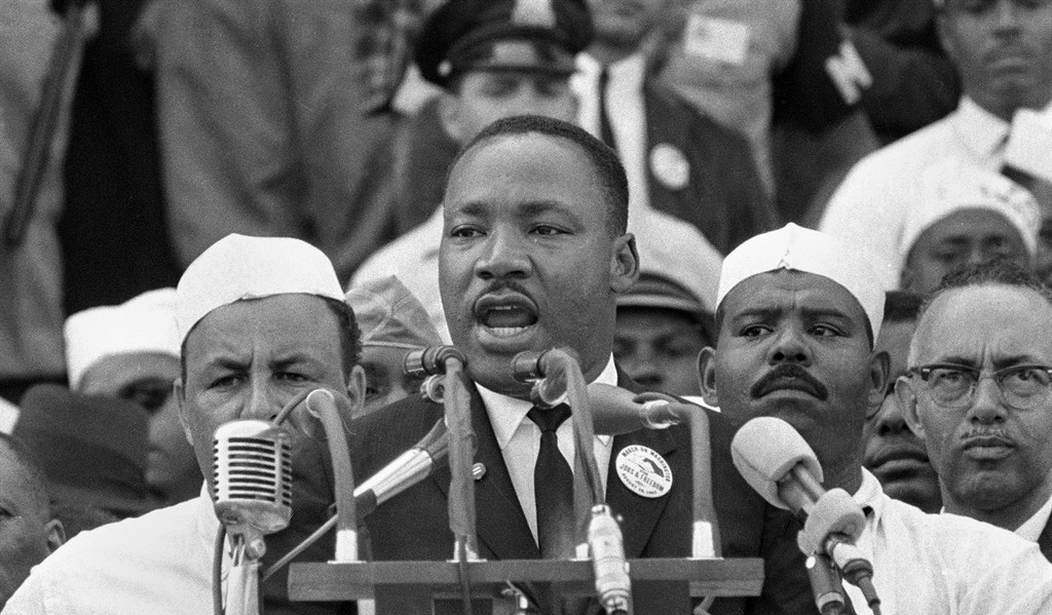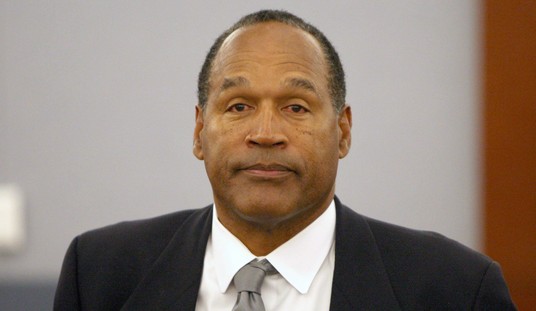There is no question, though it's not acknowledged enough, that black Americans have made greater gains, over some of the highest hurdles and in a very short span of time, than any other racial group in mankind's history. What's the evidence? If black Americans were thought of as a nation with their own gross domestic product, they'd rank among the 20 wealthiest nations. It was a black American, Gen. Colin Powell, who headed the mightiest military in mankind's history. A few black Americans are among the world's wealthiest. Many black Americans are among the world's most famous personalities.
The significance of all this is that in 1865, neither an ex-slave nor an ex-slave owner would have believed that such progress would be possible in less than a century and a half. As such, it speaks to the intestinal fortitude of a people. Just as importantly, it speaks to the greatness of a nation within which such progress was possible. That progress would have been impossible anywhere except in the United States of America. The challenge that lies before us is how those gains can be extended to a large percentage of black people for whom they appear elusive.
A good start to meeting that challenge is to recognize that much of the pathology seen in many black communities is entirely new in black history. Let's look at some of that history. In the late 1800s, depending on the city, 70 to 80 percent of black households were two-parent. In 1925 New York City, 85 percent of black households were two-parent. As late as 1950, only 18 percent of black households were single-parent. From 1890 to 1940, a slightly higher percentage of black adults had married than white adults. In 1940, black illegitimacy was about 14 percent.
Today it's an entirely different story. Black illegitimacy is 75 percent. Close to 50 percent of marriage-age blacks never marry. Close to 70 percent of black households are female-headed. If one thinks family structure doesn't matter, consider that the poverty rate among black female-headed families is about 47 percent but among married families it has been in the single digits for more than two decades. It's not just poverty. Children raised by single parents are likelier to be physically abused; use drugs; engage in violent, delinquent and criminal behavior; have emotional and behavioral problems; and drop out of school.
Recommended
What about employment? Every census from 1890 to 1950 showed that black labor force participation rates were higher than those of whites. Today it's a mere fraction. Prior to the mid-'50s, the unemployment rate for black 16- and 17-year-olds was under 10 percent and less than that of whites. Who would argue that this more favorable employment picture was because there was less racial discrimination in the job market in earlier times? Labor laws such as the Davis-Bacon Act of 1931 -- a federal minimum wage law for construction workers -- and the 1938 federal minimum wage law for all workers reduced work opportunities for blacks.
Then there's the high crime rate. Each year, roughly 7,000 blacks are murdered. Ninety-four percent of the time, the murderer is another black person. Though blacks are 13 percent of the nation's population, they are more than 50 percent of homicide victims. Nationally, the black homicide victimization rate is six times that of whites, and in some cities, it's 22 times that of whites. Along with being most of the nation's homicide victims, blacks are most of the victims of violent personal crimes, such as assault and robbery.
Older black people, who were raised in an era when there was far greater discrimination and who faced far fewer opportunities, need to speak out against behavior and excuses that their parents would have never accepted. Otherwise, the race hustlers, poverty pimps and white liberals will continue with the narrative that black problems are a result of racism and racist cops and condemn future generations of blacks to a lifetime of mediocrity.
























Join the conversation as a VIP Member